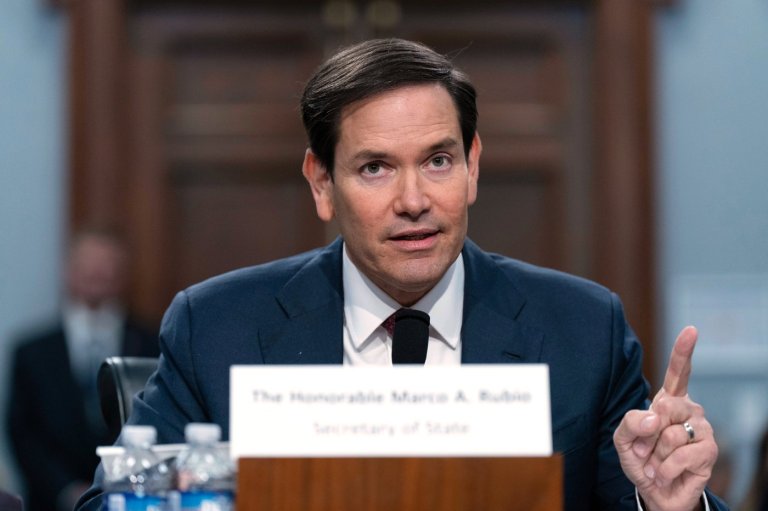Kenya: President says parliament to discuss electoral body
NAIROBI, Kenya – Kenya’s president on Wednesday said parliament will form a bipartisan committee to discuss the country’s election commission after opposition protests demanding its disbandment over alleged corruption and bias turned deadly.
The announcement follows almost weekly opposition protests and a police response that has included tear gas and live ammunition. Witnesses said at least five people have died and at least 30 have been wounded, many by bullets.
There are fears that next year’s election will see the kind of violence that plagued the 2007 election, in which more than 1,000 people were killed and 600,000 forced to flee their homes.
The government on Tuesday banned the weekly protests, but the opposition vowed to continue if there are no negotiations.
President Uhuru Kenyatta said he had met with religious leaders from all faiths and the speakers of the senate and parliament to decide on the way forward.
Opposition leader and former Prime Minister Raila Odinga called the president’s announcement “a welcome development.”
Opposition leaders, Protestant churches and the Central Organization of Trade Unions have called for the disbanding of the electoral commission, calling it biased and corrupt.
Eleven diplomats representing the United States and other western countries have urged Kenya’s leaders to hold discussions about the issue.
Some members of the electoral commission have been named in a case in which two executives of British printing firm Smith and Ouzman Ltd. were convicted in the U.K. for making corrupt payments to individuals in various countries, including Kenya, to win business for the company.
Join the Conversation!
Want to share your thoughts, add context, or connect with others in your community?
You must be logged in to post a comment.


















